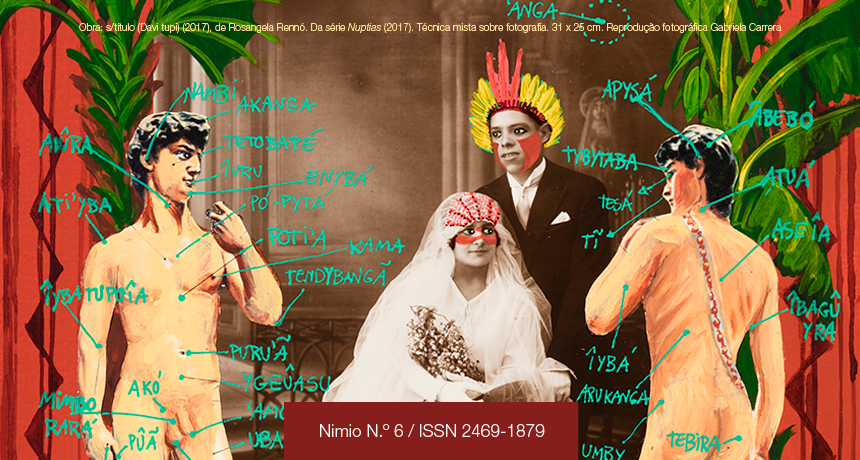Beat Memories. the Personal Archive of Ricardo Cohen
DOI:
https://doi.org/10.24215/24691879e019Keywords:
Personal archive, Ricardo Cohen, Cofradía de la Flor Solar, undesalture, beat movementAbstract
Ricardo «Mono» Cohen, also known as Rocambole, has made a file full of documents, productions and material memories of his life as an artist, designer and teacher. Among this pile of contents, at times immeasurable, it also keeps the most eclectic records of what was La Cofradía de la Flor Solar in its two dimensions: as a community and as a musical ensemble. Getting lost into Cohen’s archive, an extremely intimate space that is also relevant to the history of the Argentine beat movement, involves the succession of constant temporary leaps between moments captured by photographs, letters, posters, manifestos and even contracts.References
Castro M. V. y Sik, M. E. (Comps.) (2018). Introducción. En Actas de las II Jornadas de discusión / I Congreso Internacional. Los archivos personales: prácticas archivísticas, problemas metodológicos y usos historiográficos (pp. 6-13). Recuperado de http://cedinci.unsam.edu.ar/pdf/jornadas/Actas-Archivos-Personales.pdf
Cohen J. R. (2014). Rocambole: arte, diseño y contracultura. La Plata, Argentina: Troupe Comunicación.
Longoni, A. y López, M. (2010). Cartografías. Un itinerario en riesgo en América del Sur. Carta, (1), 5-6.
Downloads
Published
How to Cite
Issue
Section
License
The acceptance of the manuscript by the magazine means the non-exclusive cession of the property rights of the authors in favour of the editor, who allows the reuse, after publication (post print), under a license Attribution-NonCommercial-NoDerivatives 4.0 International.
According to these terms, the material can be copied and redistributed by any means or in any format as long as a) the author and original source of the publication are quoted (magazine and URL of the work), access to the license is provided and whether changes have been made is mentioned; and b) the material is not used for commercial purposes.
The cession of non-exclusive rights means that after the publication (post print) in Nimio the authors can publish their work in any language, means and format; in such cases it must be mentioned that the material was originally published in this magazine. Such cession also means the authorization of the authors for the work to be collected by SEDICI, the institutional archive of the Universidad Nacional de La Plata, and to be spread in the databases that the editorial team considers appropriate to increase the visibility of the publication and its authors.
Moreover, the magazine encourages the authors to deposit their productions in other institutional and thematic archives under the principle that offering the society the scientific and academic production without any restrictions contributes to a greater exchange of the global knowledge.

























